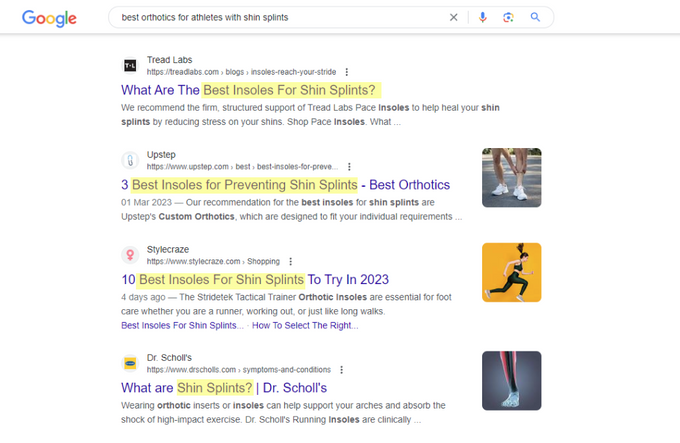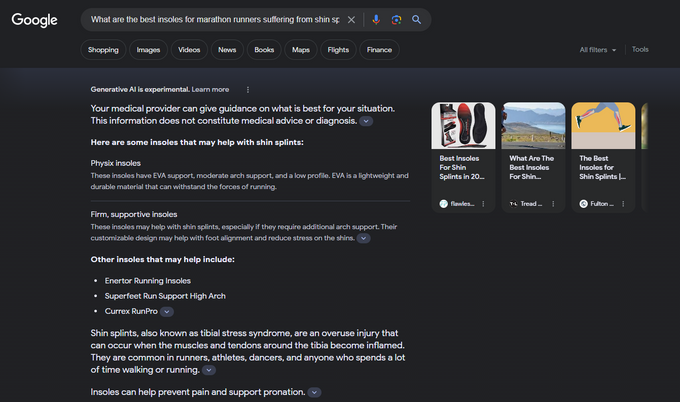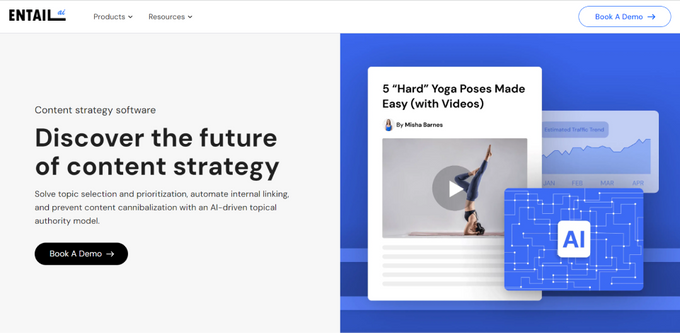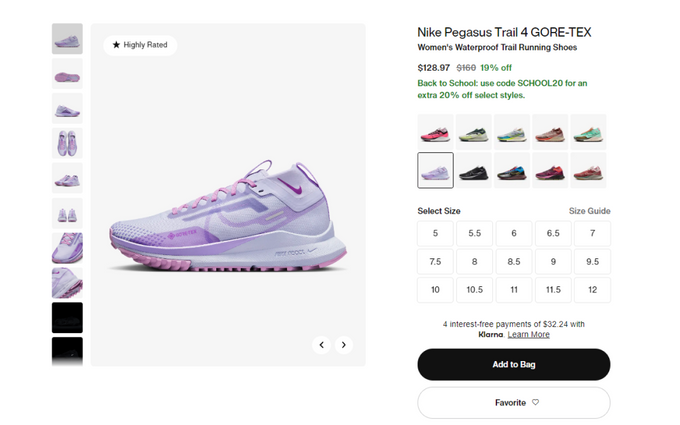AI, SEO, and content creation: How to maintain relevance and build authority
AI Search is changing content creation, and your content strategy needs to adapt to stay ahead of the competition.
Published June 13, 2024
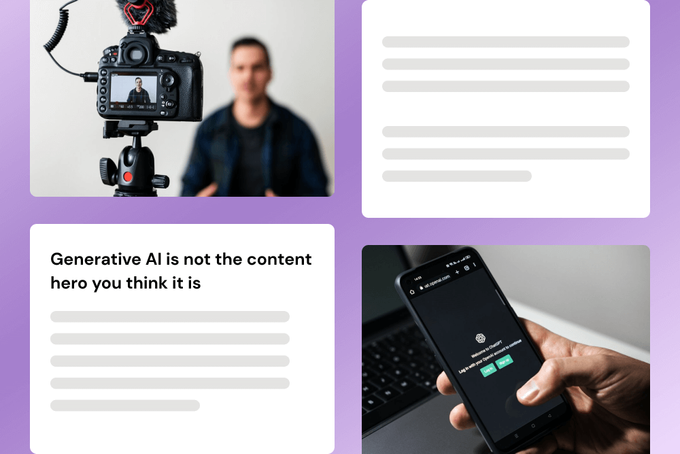
AI Summary
Key takeaways
- AI enables search engines to handle more complex queries and provide detailed responses.
- Content creation is getting easier, so we need better content and SEO strategies.
- Ensure your website is built to target the right searches, especially for product-related queries.
- To stand out in the content surge, provide genuinely valuable information to users.
- Establish topical authority by creating content with domain experts.
In the age of AI, it is crucial to consider the type of content that remains relevant for your website and SEO strategies. According to WebFX, about 93% of all online experiences start with search, so improving your SEO to adapt to AI is essential to keep your content performing well.
How search engines have evolved
Search engines have evolved significantly due to AI and can now answer more complex questions. Previously, if you had a post about orthotics, say "best orthotics for athletes with shin splints," Google would typically rank the post based on only one aspect of the query. For example, it might focus on "best insoles for athletes" or "best insoles for shin splints," but not both simultaneously.
With the new AI capabilities of search engines like Google's Search Generative Experience (SGE) or Bing's GPT-4, you can ask more intricate questions—for example, "What are the best insoles for marathon runners suffering from shin splints?"
With SGE, Google can handle and respond to more complex queries, and users can use more detailed search terms.
SEO still holds great value, especially if you're a reliable source.
The rules of the game aren't really changing; they're just becoming more challenging. It's not enough to publish content sporadically. You need to provide trustworthy, high-quality information consistently.
» This is the right way to create content with AI.
4 tips to make your content stand out
1. Make sure your site is built well
SEO is not just about creating content. It's about making sure the entire site is built correctly. For example, if you have a SaaS site, you need strong feature pages, a homepage, and product pages with valuable information and quality images.
Each one of these pages needs to target the right searches to maximize its reach.
Your website must be built correctly to rank well and include your products in AI-powered Search results.
Remember, many internet searches, particularly short-tail searches, are product-related. For example, when you search "content management system," you're looking for a product. These searches have a high volume, which makes them crucial.
2. Create helpful content
With the increasing amount of content online and AI systems like Bing and SGE answering questions so well, only genuinely helpful content will stand out and remain relevant.
Because of content hyperinflation, competition for the same queries will increase, causing the click-through rate to decrease as it's spread across more websites.
AI search like Google Search Generative Experience will amplify this, making it much less beneficial to answer common questions with straightforward answers unless you provide unique value.
All content on your website must be helpful, including homepages, feature pages, and product pages. For example, a product page for running shoes should contain high-quality images and all the information a potential buyer might need.
Google's success depends on providing valuable search results. If the results aren't helpful, users will seek alternatives. A good search result helps the user find what they are looking for, answer a question, or solve a problem.
» Find out how AI-generated content affects SEO.
3. Establish topical authority
Topical authority is how Google views your website as a whole. It doesn't evaluate each article in isolation.
Incorrect input leads to incorrect output, so SGE will only rely on trusted sources. Being an accurate source of information is essential for boosting your site's authority.
For example, if you compare two almost identical articles from two different sites, how do you decide which one is better? For Google, the deciding factor is often the authority of the site or the author. Your website's perceived expertise in a certain subject area can significantly impact how Google ranks your content.
» Discover the value of topical authority in the age of AI.
4. Create content with experts
Creating high-quality content often requires domain experts rather than general content writers. In other words, the key is expertise. You need individuals with significant knowledge and insights to provide information not easily found elsewhere.
At Entail, we've shifted towards working with expert content creators through our marketplace because specialized knowledge produces content that truly adds value and remains relevant.
This becomes especially crucial for brands focusing on educational and informational content aimed at helping the audience solve problems. For B2C brands, where content might be less informational, leveraging influencers can be effective.
» Discover the types of content AI can't create.
Focus on creating value
The world of SEO is evolving, pushing the boundaries of search engine capabilities and content creation. SEO continues to be an invaluable tool, but with the rise of AI, it requires more strategy, expertise, and the consistent delivery of high-quality, unique information. As we move forward in this AI era, remember that it's not just about the technology but how you use it to create value for your audience.

